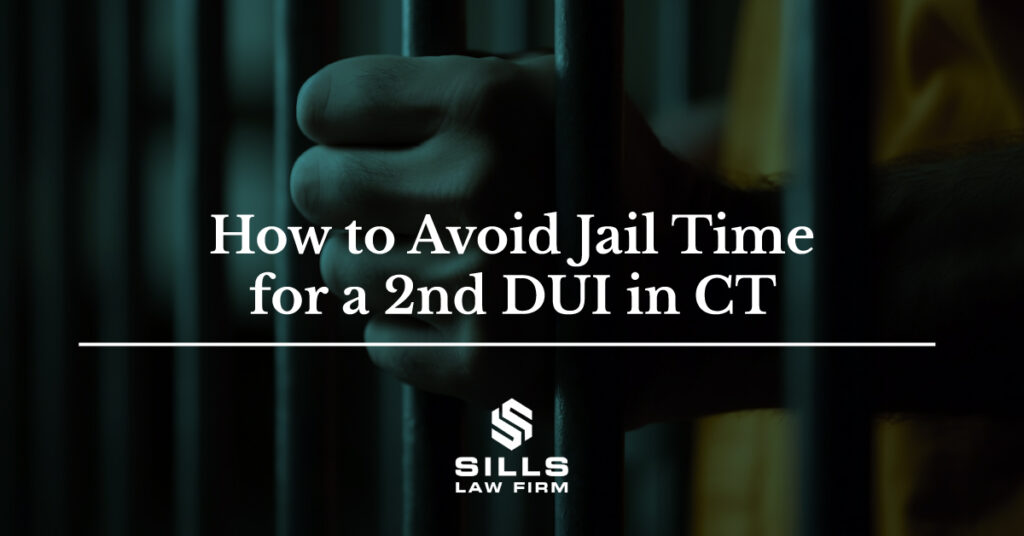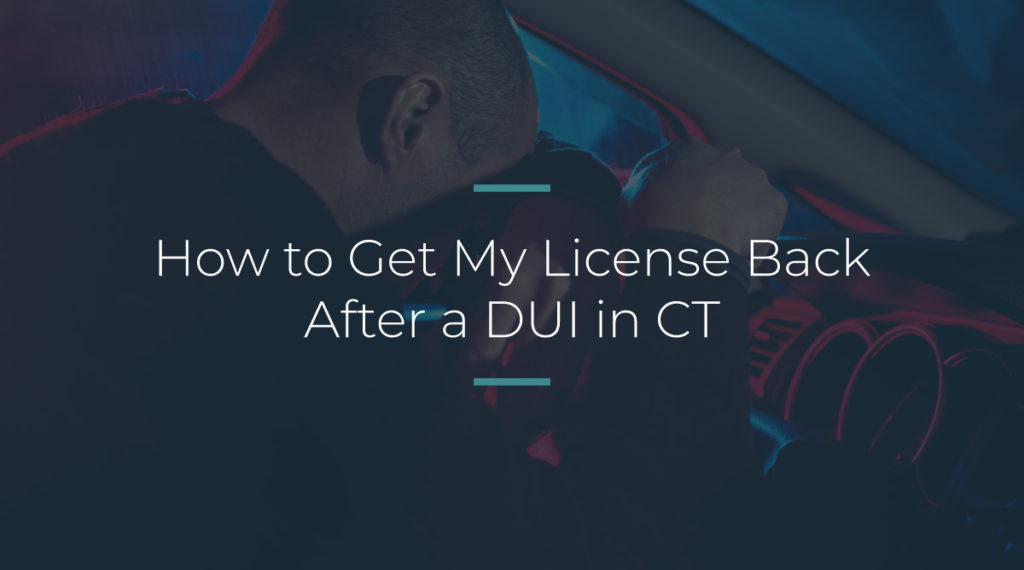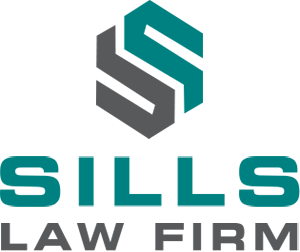It is a crime in every U.S. state, including Connecticut, to drive under the influence of drugs. Not only can you be arrested for a DUI if you drive impaired by illicit, prescription, or over-the-counter drugs, but there will be penalties for a drug-related DUI. Although most medications don’t affect your ability to drive, you should always check medication and pill labels to ensure they don’t cause reactions that would make it unsafe to drive. Many prescription medications have labels to reflect they will impair your ability to drive or operate heavy machinery, but even over-the-counter medicines can impair driving ability, such as cold medications or antihistamines, even some vitamins, such as melatonin.
If you are prescribed medication that could affect your ability to drive but you must go to work, drop your kids off at school, or run errands, you can take public transportation or use a ride-sharing service instead. A police officer will not accept excuses for why you decided to get behind the wheel after taking mind-altering medications, nor will they be sympathetic if it was a prescription medication.
Medications requiring caution include anxiety drugs, narcotics, cold and allergy drugs, tranquilizers, sleeping pills, painkillers, diet pills, stimulants, and some antidepressants.
Common side effects of these drugs can make it unsafe to drive, including:
- Drowsiness: Falling asleep at the wheel can cause a deadly car accident. Medications which can cause drowsiness include sleeping pills, antihistamines, anti-anxiety medication, antidepressants, painkillers, tranquilizers, narcotics, muscle relaxants, and others.
- Blurred vision: Drugs which pose the most concern are corticosteroids, antihistamines, and antipsychotic medication.
- Dizziness: As you acclimate to a new medication, it can cause dizziness or vertigo. antimalarials, and others. Drugs which may cause dizziness include antidepressants, blood pressure medication, anticonvulsants, muscle relaxants, sleeping pills, nitroglycerin, anti-anxiety pills, and others.
- Slowed reaction time: Alcohol is well known to affect reaction time, but certain medications can also slow reaction time. Alcohol in combination with these drugs makes slowed reaction time even more deadly. These drugs can impair your ability to concentrate.
- Nausea: Many medications can make you feel nauseated, especially if they are new prescriptions. Always make sure you are up to the task of driving and feel well before you get behind the wheel.
- Excitability: Stimulant drugs, even if they are prescription, can increase concentration and stamina, yet they also can cause nervousness and anxiety, too. These drugs and others may include ADD/ADHD drugs and other prescription medications.
Penalties for a DUI in Connecticut Are Serious
Even for a first DUI, you could face jail time, fines, driver’s license suspension, and other consequences, like much higher auto insurance premiums, which will stick with you for many years. This can radically affect your life and impede your ability to get to and from work, school, or other regular activities. For the second and subsequent DUI convictions, the penalties are enhanced.
How Is Drug Impairment Measured?
Measuring blood alcohol content (BAC) is easy. At a traffic stop, a Breathalyzer measures BAC, and a reading of 0.08% or higher will result in a DUI charge. That’s not the case with other drugs, however. To measure the level of intoxication, the arresting officer will perform a field impairment test, which measures things such as balance, time distortion, hand/eye coordination, and other tests. Medication-induced impairment may display similar symptoms to alcohol intoxication. While these tests are imperfect, a Breathalyzer cannot measure the amount of prescription medication in the bloodstream during a police officer stop, and a refusal to submit to a blood/or urine test is the same as an admission of guilt in the eyes of the law.
Choose a Knowledgeable Connecticut DUI Attorney
If you’ve been charged with driving under the influence of drugs, whether it was a seemingly innocuous over-the-counter drug or prescribed painkillers, don’t leave your future to fate. Our Connecticut DUI lawyers will assess your DUI case, discuss your legal options, and help you determine if the prosecution has any holes in their case against you. With more than 20+ years of combined legal experience, our team at The Sills Law Firm understands what it takes to successfully defend someone accused of a DUI in Connecticut.
Were you arrested in Connecticut for driving under the influence of drugs? Contact us at The Sills Law Firm today to schedule a free consultation.
Related:






